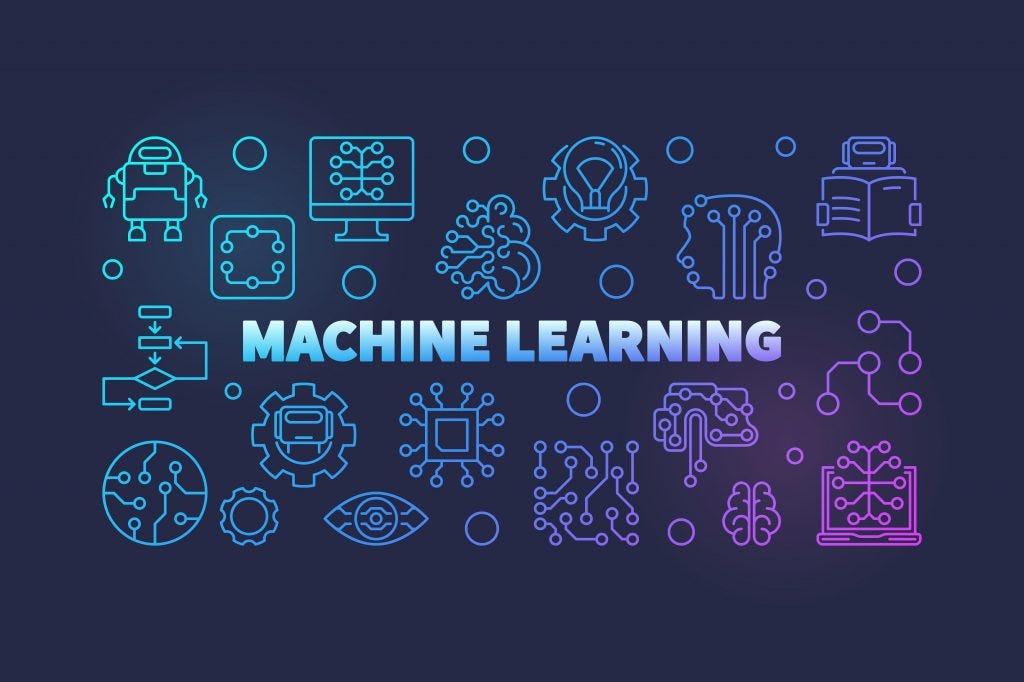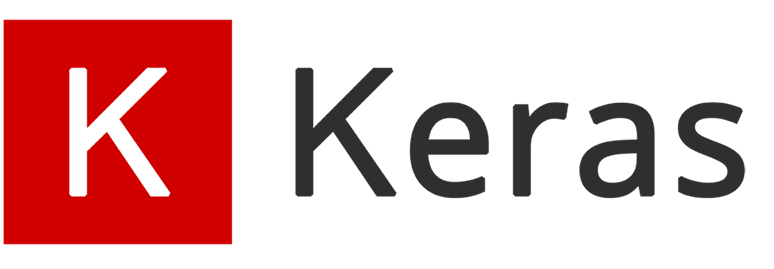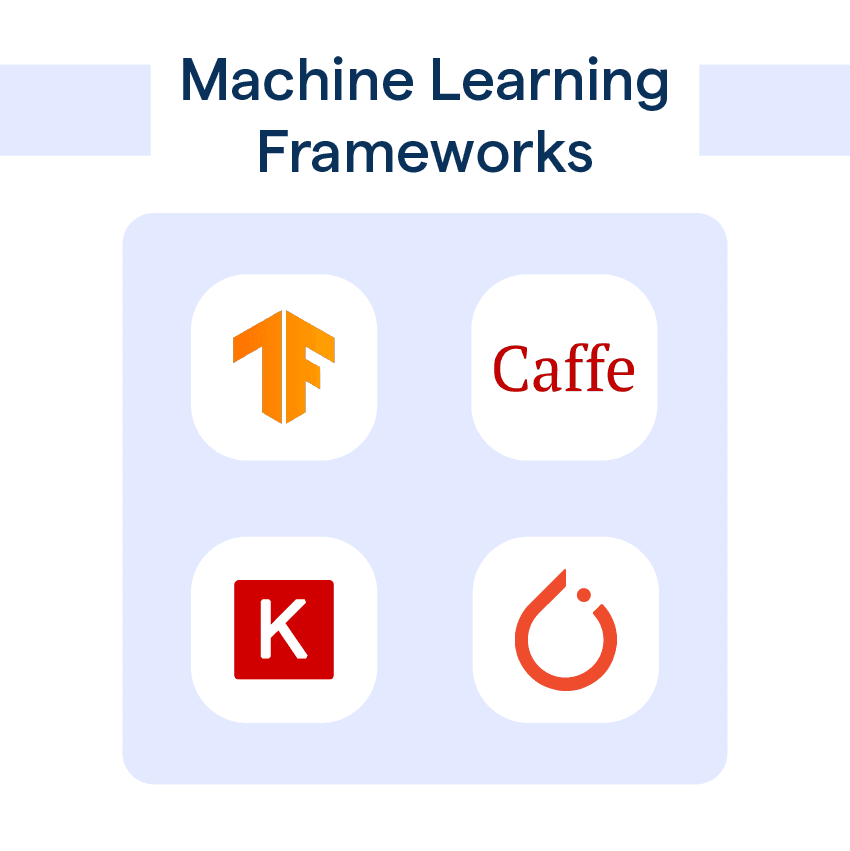Machine Learning Frameworks: An Overview

Machine learning frameworks are libraries or platforms that provide an interface for developers to design, train and validate algorithms efficiently. These frameworks simplify the process of modeling and abstracting complex computational graphs used in machine learning tasks.
Why Use Machine Learning Frameworks?
Machine learning frameworks speed up the development process, providing tools and libraries that eliminate the need to write code from scratch. They can manage complex computations and provide capabilities for automatic differentiation and GPU support, essential for handling large and complex data sets.
When to Use Machine Learning Frameworks?
Machine learning frameworks can be employed whenever a task requires pattern detection, prediction, or significant data analysis. Be it for creating recommendation systems, detecting fraud, natural language processing, or developing self-driving cars, machine learning frameworks play a pivotal role in these varying applications.
Where are Machine Learning Frameworks Applied?
Machine learning frameworks are widely applied across sectors like healthcare, finance, eCommerce, social media, and more. From developing personalized marketing strategies, automating financial options, predicting diseases, to creating home automation systems, these frameworks are revolutionizing industries with intelligent applications.
Who Uses Machine Learning Frameworks?
Data scientists, machine learning engineers, and AI researchers widely use machine learning frameworks to build models and algorithms. Furthermore, tech companies, startups, research institutions, and even government bodies leverage these frameworks to develop intelligent, data-driven applications and services.
Advantages of Machine Learning Frameworks
In this section, we'll dive into the many advantages provided by machine learning frameworks, revealing why they are fundamental tools in modern data science and AI development.
Efficiency and Speed
Machine learning frameworks provide pre-built functions and structures, streamlining the process of developing ML models. The frameworks are highly optimized, enabling faster training and processing of large datasets.
Code Reusability
These frameworks are designed with modularity in mind. They often include pre-trained models and utilities that can be used across different projects, promoting code reusability and saving considerable development time.
Scalability
Machine Learning frameworks are engineered to handle large volumes of data and perform complex calculations efficiently. Most frameworks provide support for parallel processing and deployment on distributed systems.
Experimentation and Iteration
Frameworks provide a structured environment that simplifies model testing and validation. It encourages a process of experimentation, allowing data scientists and developers to iterate and find the optimal model faster.
Community and Support
Popular machine learning frameworks often have a vibrant, supportive community behind them. This means regular updates, quick bug fixes, and a wealth of shared knowledge that can benefit your projects.
Considerations for Selecting a Machine Learning Framework
In this section, we'll discuss important factors to consider when selecting a machine learning framework to ensure the most effective and efficient solution for your project.
Ease of Use
Consider a framework's learning curve and how easy it is to adopt, especially if your team is new to machine learning. User-friendly APIs, comprehensive documentation, and clear coding conventions are vital factors that contribute to ease of use.
Model Performance
Investigate the performance of the framework's algorithms, as well as its optimization features and hardware acceleration capabilities. This helps ensure that the chosen framework is both efficient and capable of handling your computational needs.
Platform Compatibility
Evaluate whether the framework supports cross-platform compatibility, allowing your ML models to be deployed on various devices and platforms. This is particularly important if you plan to run your models on multiple operating systems or specialized hardware.
Community Support
A robust and active community is invaluable for providing support, sharing knowledge, troubleshooting issues, and contributing to the growth of the framework. Check for support forums, online resources, and additional learning materials.
Extensibility and Flexibility
Choose a framework that is extensible and flexible enough to accommodate your project's specific requirements. This means that it should support the customization and integration of various tools, modules, and algorithms as your project grows.
Popular Machine Learning Frameworks
Let's jump right in and get to know five machine learning frameworks that have become favorites among developers and researchers, thanks to their robust features and user-friendly nature.
TensorFlow

Brought to you by the brilliant minds at Google Brain, TensorFlow is an impressive open-source library famed for its powerful computational abilities. A flexible playground for both the algorithms and the deep learning models, it's a firm favorite among developers and researchers.
PyTorch
A brainchild of Facebook's AI Research lab, PyTorch shines with its dynamic and intuitive medium for sculpting and training sophisticated deep learning models. Its admirable feature of dynamic computational graphing invites versatility and significantly simplifies debugging.
Scikit-learn
Scikit-learn, a Python-based library, stands out for its simplicity and effectiveness. Covering a broad spectrum of both supervised and unsupervised learning algorithms, it's the perfect ally for data scientists and researchers in their quest to conquer datasets.
Keras

Sitting snugly atop TensorFlow is Keras, a high-level neural network API. Created with a keen focus on the user experience, it provides straightforward and consistent APIs, making it a go-to for deep learning novices.
XGBoost
Renowned for its unbeatable speed and performance, XGBoost is a gradient-boosting library. Crafted for supreme efficiency, flexibility, and portability, it's the first choice for handling structured or tabular data.
While each of these frameworks comes with its unique strengths, the choice ultimately boils down to your project's specific needs, the computational power you require, your team's skill level, and the nature of your data.
Frequently Asked Questions (FAQs)
What are Machine Learning Frameworks?
Machine learning frameworks are libraries or toolsets that simplify the process of building, training, and deploying machine learning models.
Why are Machine Learning Frameworks essential?
Frameworks simplify complex tasks, reduce coding, improve code quality, and speed up the development process in machine learning projects.
Can you name a few popular Machine Learning Frameworks?
Some popular frameworks are TensorFlow, PyTorch, Scikit-Learn, Keras, and XGBoost, widely used for various machine learning tasks.
What is TensorFlow?
TensorFlow is an open-source framework developed by Google, renowned for its performance in large-scale machine learning applications.
Which Machine Learning Framework is best for beginners?
Scikit-Learn is great for beginners due to its simplicity, comprehensive documentation, and strong community support.

